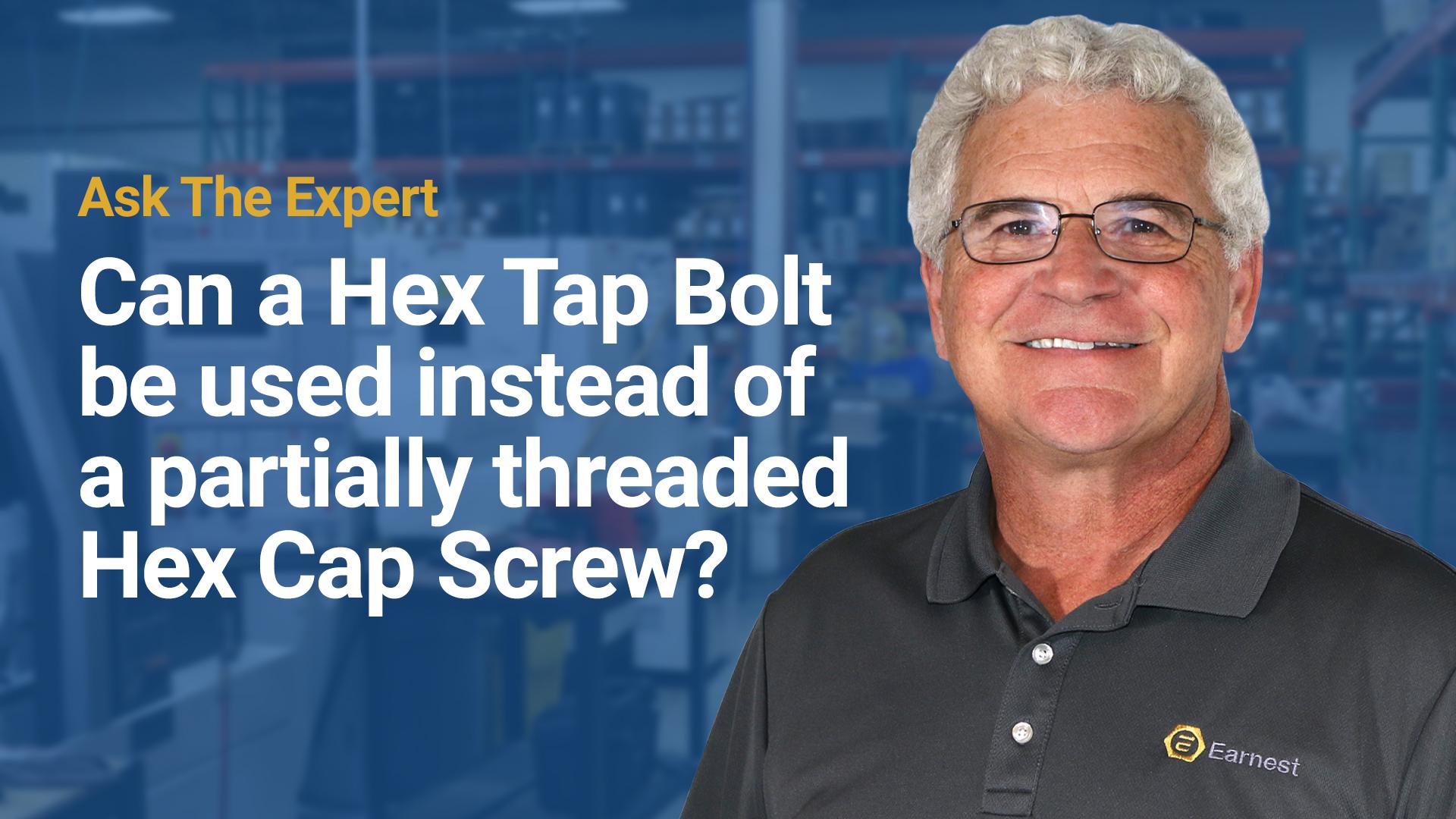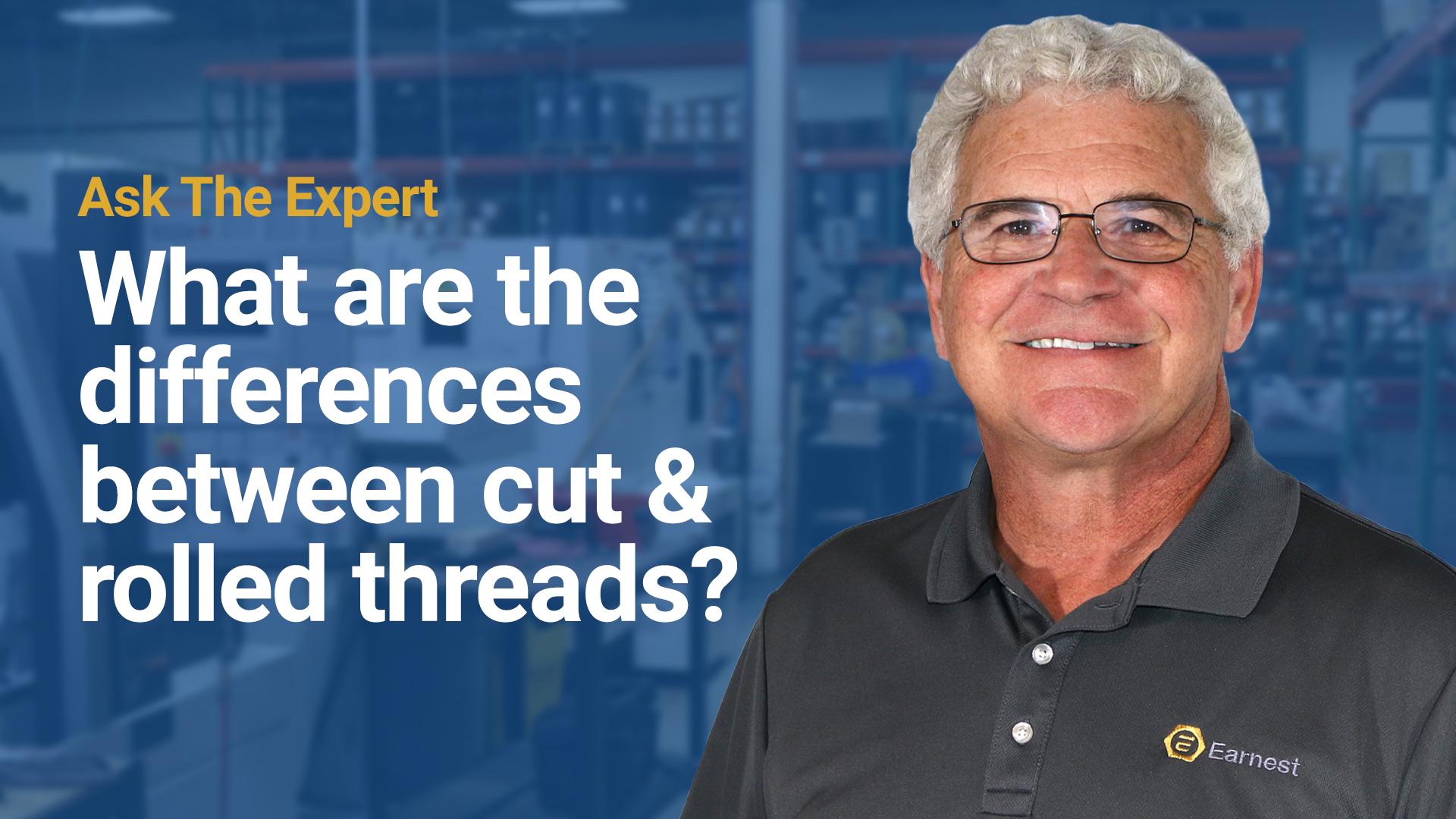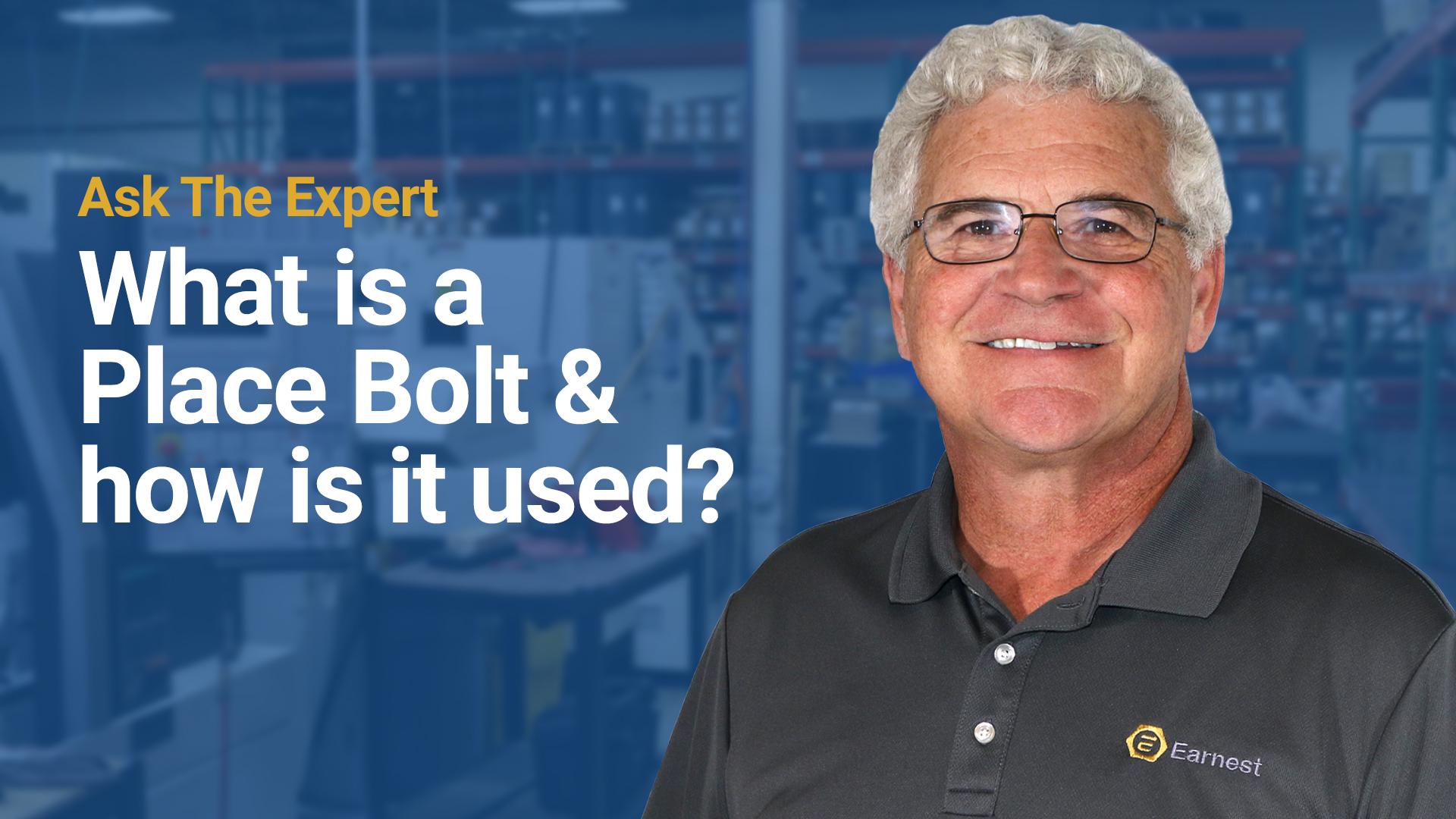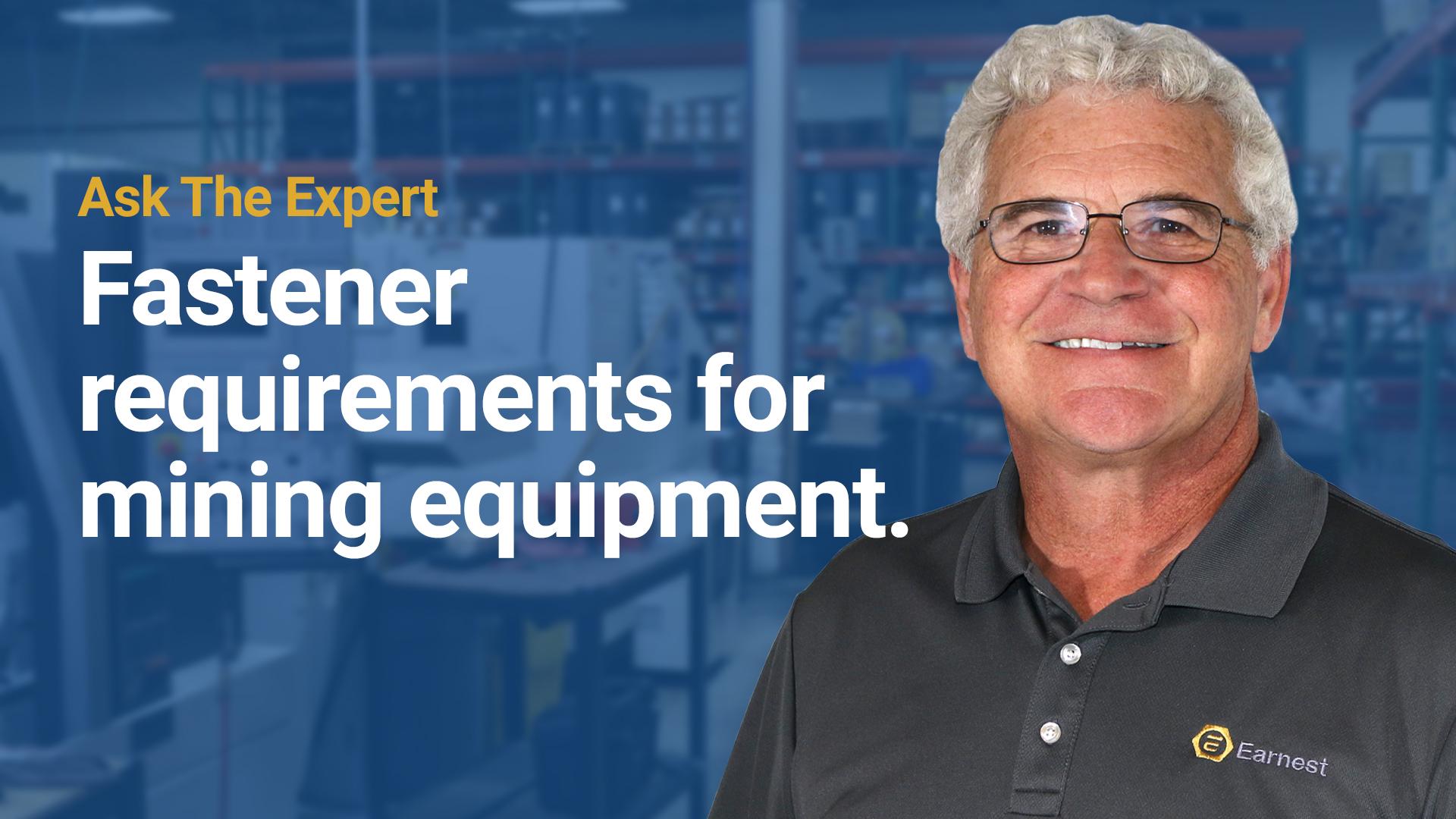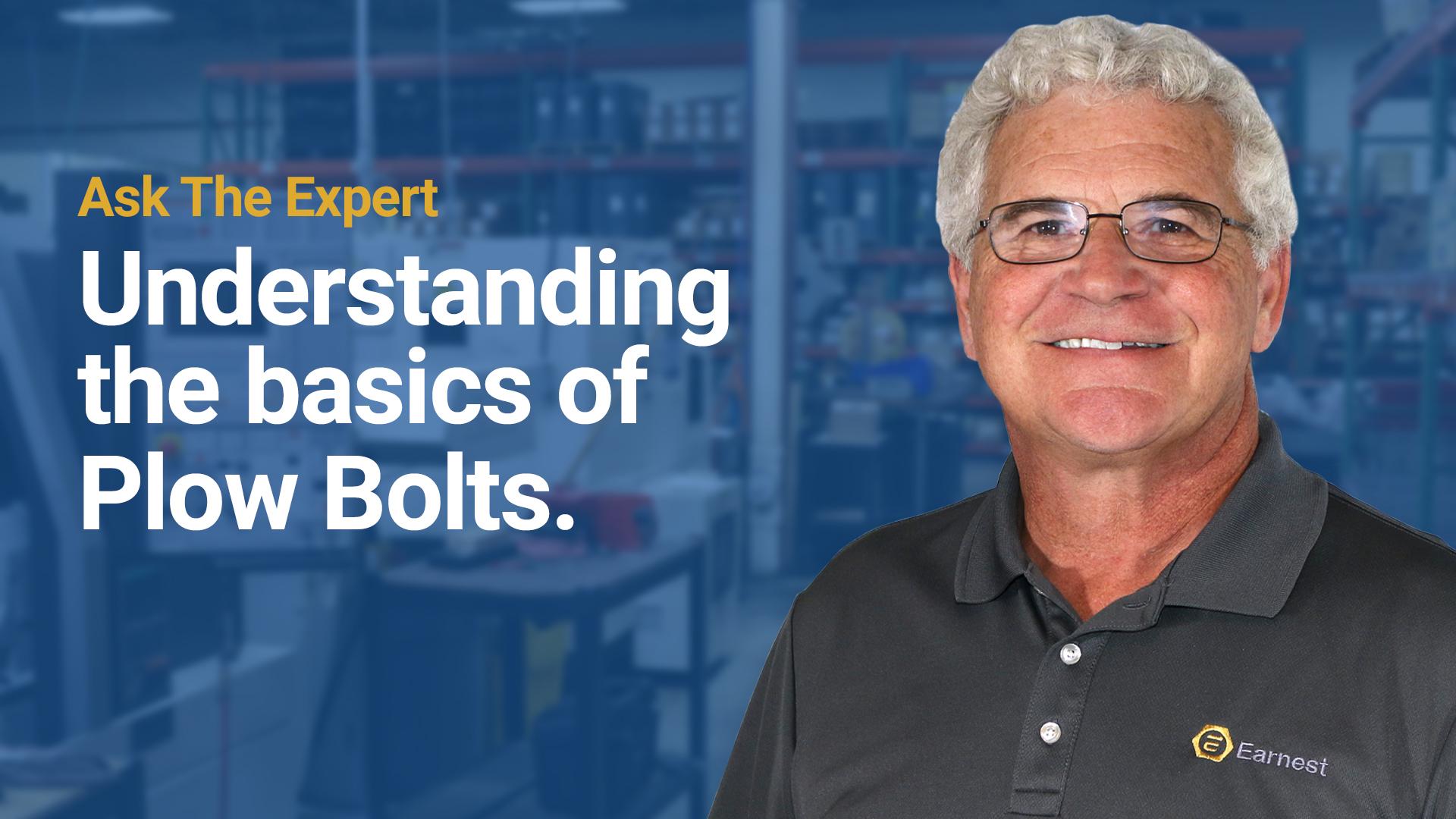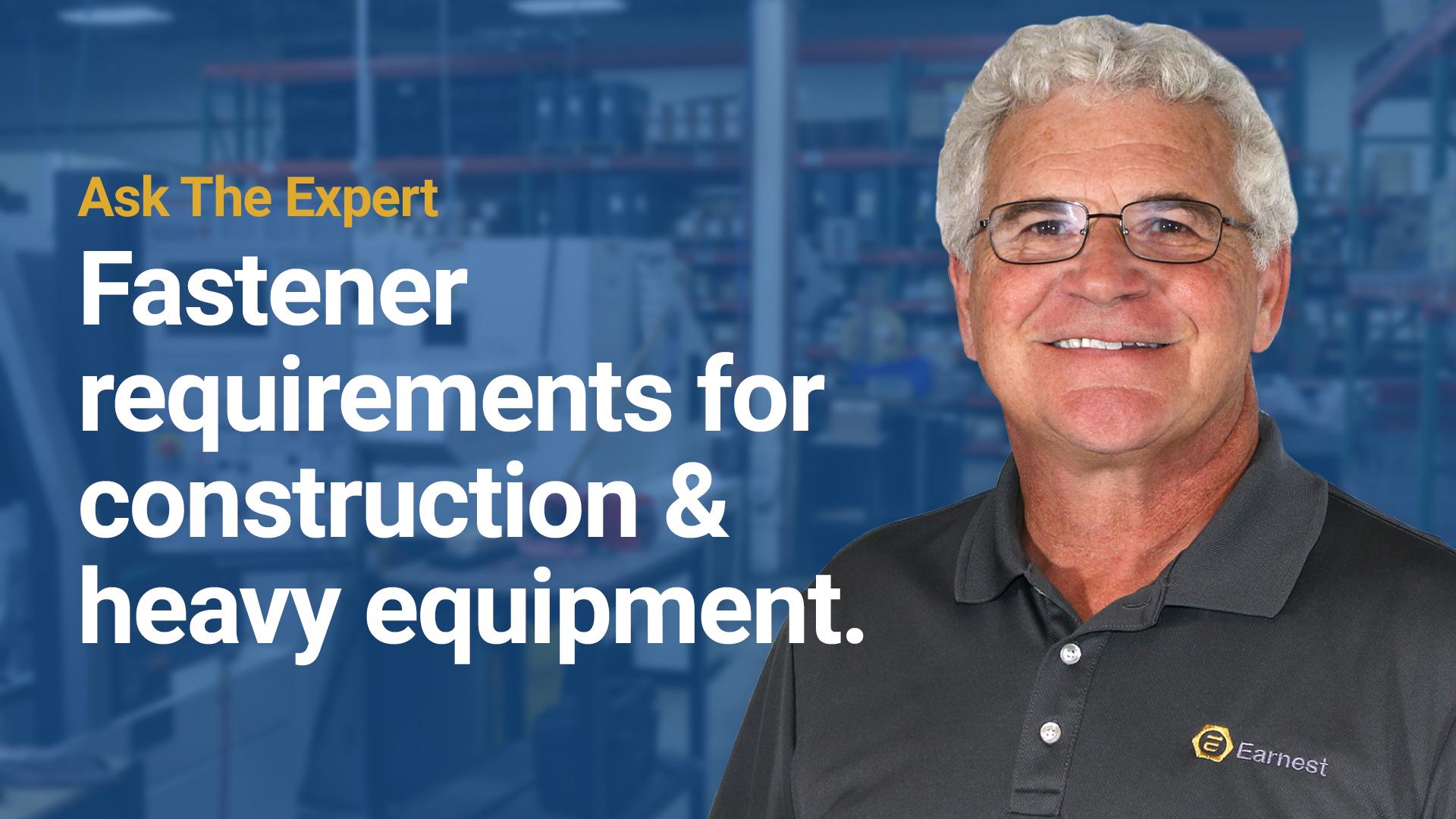What does DFARS Compliant mean for fastener suppliers?
The Federal Acquisition Regulations (FAR) and the corresponding Department of Defense Federal Acquisition Regulation Supplement (DFARS) list the requirements and regulations for companies that do business with the United States government. One of the requirements states that parts (including fasteners) that are made from metals that have been classified as "specialty metals" are to be manufactured and melted in the USA. (or one of the approved qualified countries).
The DFARS “specialty metals” requiring compliance (per DFARS 252.225-7008) are:

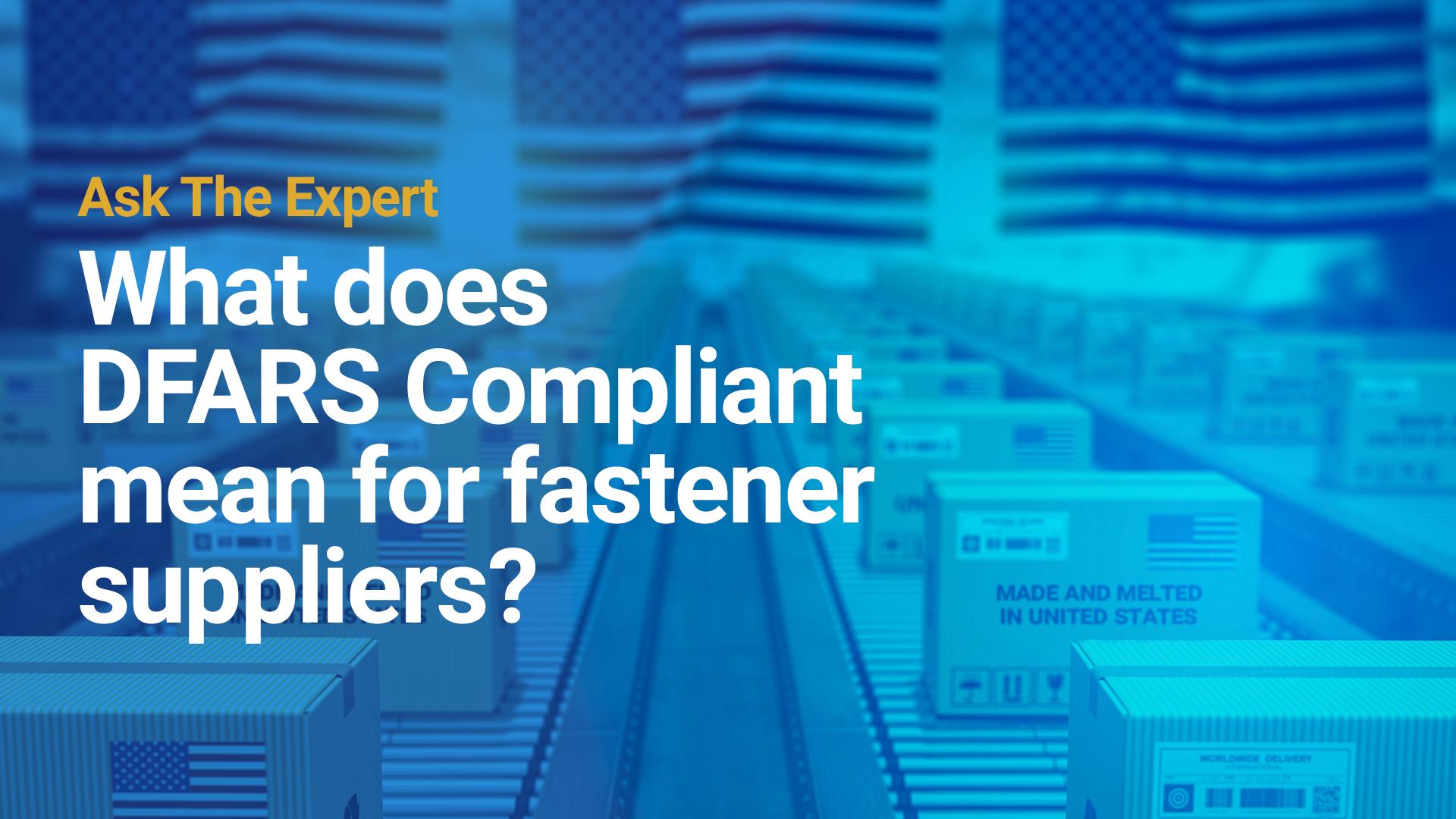
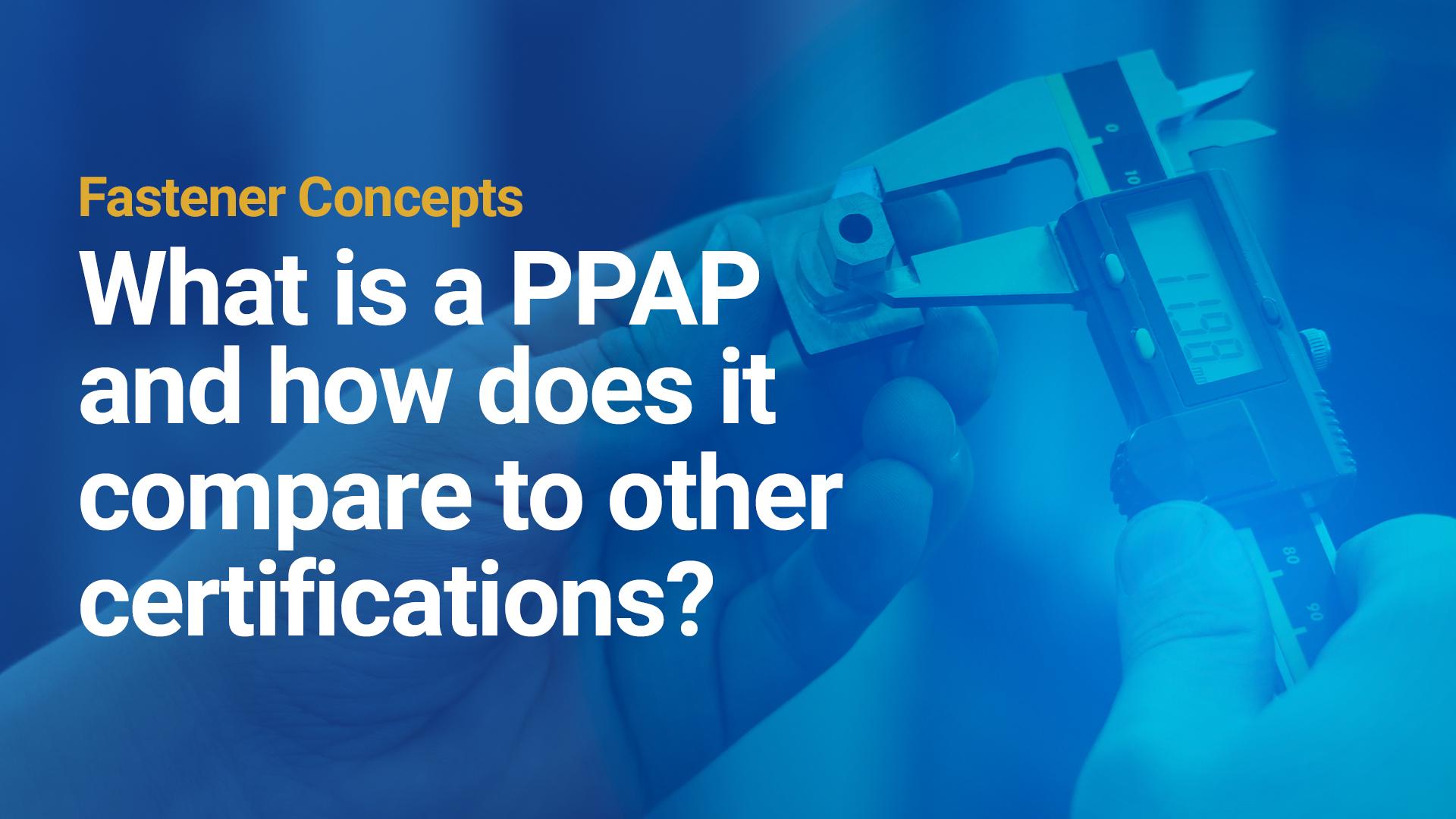
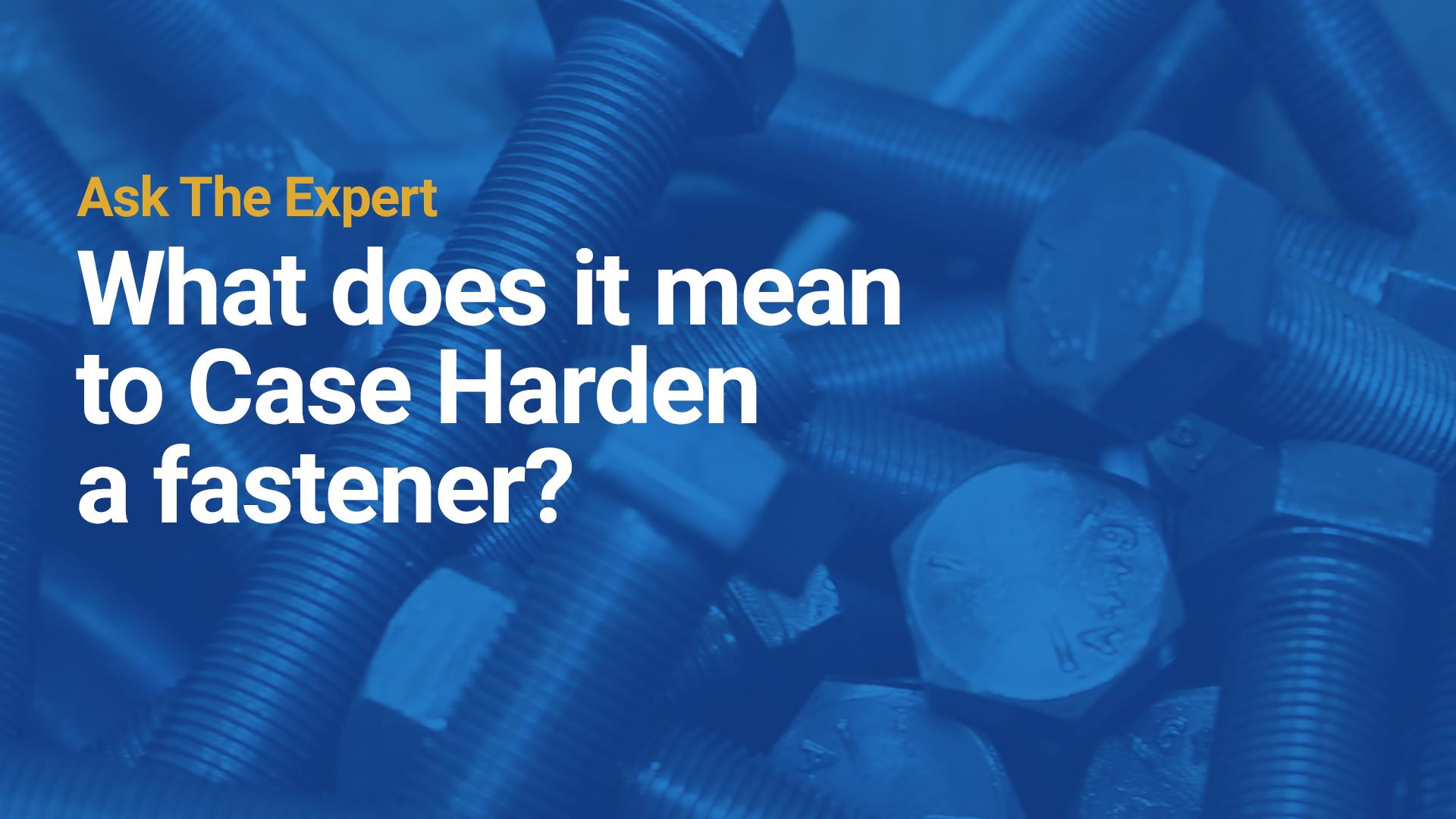
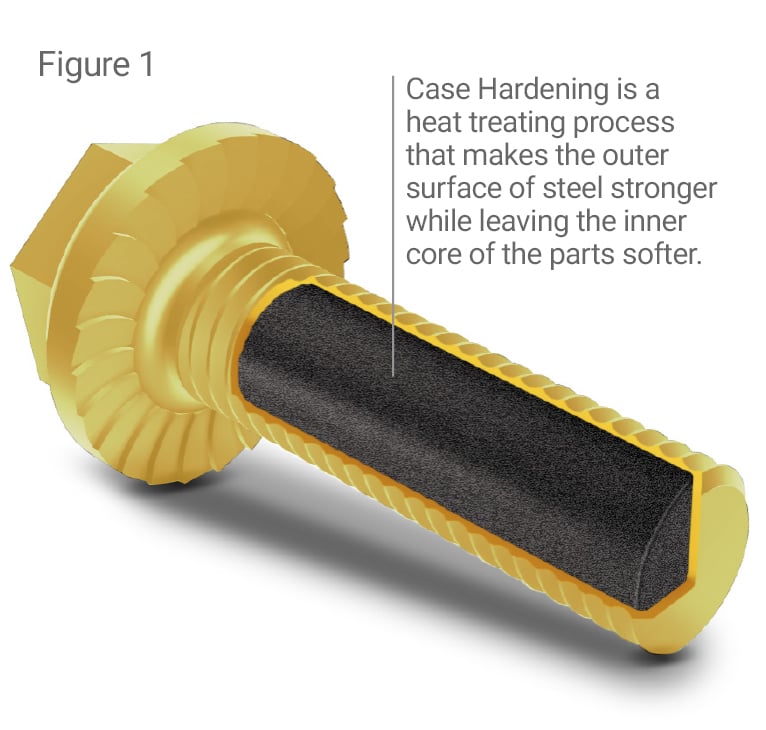 aware of:
aware of: 